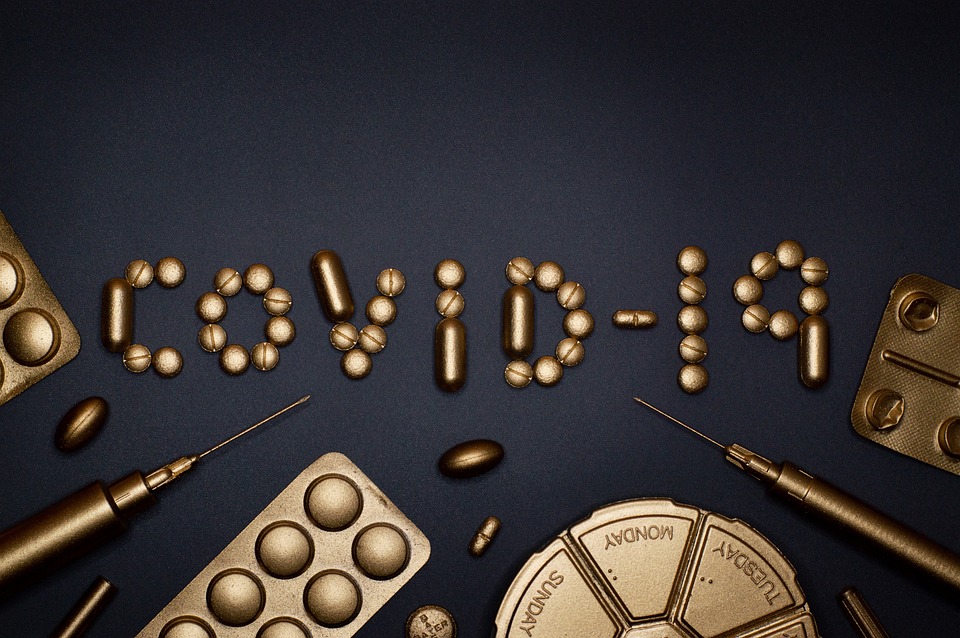Drug creation has undergone a radical transformation in recent years thanks to advancements in technology, particularly artificial intelligence (AI). AI has proven to be a powerful tool in various fields, including medicine. In this article, we will focus on AI’s application in drug creation.
Creating new drugs is a complex and expensive process that can take years and cost billions of dollars. Despite these challenges, the development of new drugs is crucial for advancing medicine and improving human health. Medicines can prevent, treat, and cure diseases, enhancing the quality of life and increasing life expectancy. AI has the potential to revolutionize drug creation by automating and optimizing parts of the process. It can accelerate the development of new drugs and reduce associated costs.
AI can assist in identifying new therapeutic targets and designing more effective and safer medicines. This is particularly important as precision medicine becomes more prevalent, where treatments are tailored to each patient’s individual genetic and molecular characteristics. AI can contribute to fighting diseases and improving global health by enhancing the efficiency and effectiveness of the drug creation process.
Beyond drug creation, AI has numerous applications in medicine. One well-known application is AI-assisted diagnosis, where machine learning algorithms analyze medical images, patient records, and other data to identify diseases. AI is also used in disease prediction by analyzing vast amounts of health data to identify patterns and trends that indicate disease risk. Additionally, AI is used in personalized treatments to determine the most effective treatment for an individual patient based on their medical and genetic history.
While AI offers numerous benefits in medicine, there are challenges in its implementation. Issues of data privacy and security arise as AI systems require access to large amounts of sensitive health data. There are also concerns about the responsibility in case of diagnostic or treatment errors caused by AI and the necessity of ensuring transparency and explainability in AI systems.
The traditional drug creation process is a long and complex journey that can take over a decade and cost billions of dollars. It involves identifying therapeutic targets, designing drug candidates, conducting preclinical and clinical trials, and undergoing regulatory approval. The process has limitations, including its time-consuming nature, high costs, high failure rates, and limitations in producing personalized drugs.
AI can address these limitations and challenges throughout the drug creation process. In the identification of drug targets, AI techniques such as machine learning and data mining can analyze large sets of biological and medical data to identify potential targets. In drug design, AI can utilize molecular modeling and computer-aided drug design to predict how molecules will interact with targets, enhancing effectiveness and safety. AI can also be used to predict drug test results, identify possible side effects and risks, and speed up the validation process.
Successful examples of AI in drug creation include BenevolentAI, a biotech company that used AI to identify a potential treatment for Alzheimer’s disease, and DeepMind, Google’s AI company, which used deep learning techniques to predict protein structures. These case studies demonstrate the potential of AI to transform drug creation.
Looking ahead, AI is likely to play an increasingly important role in drug creation as technology continues to advance. The efficiency and accuracy of AI in identifying therapeutic targets, designing drugs, and testing and validating them are expected to improve. AI has the potential to revolutionize medicine by advancing drug creation and ultimately improving global health.
